Date Published: April 29, 2024
Employee wellness programs have long been recognized for their vital role in promoting health and well-being within the workforce. However, one area that often requires more focus is the integration of first aid into these programs, especially concerning post-incident support and follow-up. The aftermath of an accident or a health emergency at the workplace can have lasting effects on an employee’s physical and mental health. Therefore, it is crucial for a truly effective wellness program to ensure that first aid extends beyond immediate physical care to encompass comprehensive post-incident support.
The Importance of First Aid in Employee Wellness
First aid is typically associated with the immediate response to accidents or health emergencies. While this is undeniably important, first aid’s role should not end there. Integrating first aid into employee wellness programs means recognizing that recovery is a process. Immediate care must be followed by continuous support, addressing not just the physical aftermath but the psychological impact as well.
Building A Comprehensive First Aid Response
To effectively integrate first aid into wellness programs, organizations need to adopt a holistic approach. This involves:
- Training and Awareness: Ensuring employees are trained not only in providing immediate care but also in recognizing the signs of trauma and the need for ongoing support. Training should also include awareness of mental health first aid, helping employees understand and support those who may be experiencing psychological distress following an incident.
- Immediate Response and Care: A well-structured immediate response plan, including access to first aid kits, emergency contacts, and medical care, forms the foundation of post-incident support. This immediate care is crucial in mitigating the severity of physical and psychological impacts.
- Psychological First Aid: Integrating psychological first aid into the response plan helps address the mental and emotional needs of those affected by an incident. This can include debriefing sessions, counseling, and mental health support resources.
Post-Incident Support and Follow-Up
The journey to recovery can be long, with the need for support often extending well beyond the immediate aftermath of an incident. Post-incident support and follow-up play a key role in ensuring employees fully recover and feel valued and supported by their employer. This support can take many forms, including:
- Ongoing Medical Care: For those who require it, facilitating access to medical treatment and rehabilitation services is vital. This includes physical therapy, counseling, and any specialized care needed to address the injuries or health issues arising from the incident.
- Return to Work Programs: Tailored return to work programs can help employees ease back into their roles, reducing the risk of further physical or psychological harm. Flexible schedules, modified duties, and continued access to support services are essential components of such programs.
- Regular Check-Ins and Support: Establishing a schedule for regular check-ins with affected employees can help identify any ongoing needs or concerns. It also reinforces the message that their well-being is a priority for the organization.

Enhancing Resilience and Prevention
Beyond addressing the aftermath of incidents, integrating first aid into employee wellness programs also involves a proactive approach to prevention and resilience-building. This includes:
- Risk Assessment and Mitigation: Regularly assessing workplace hazards and implementing measures to reduce risks can prevent incidents before they occur.
- Resilience Training: Programs that enhance personal resilience can help employees cope more effectively with the challenges and stressors that might arise following an incident.
- Feedback and Continuous Improvement: Encouraging feedback from employees about the support received and using this to refine and improve post-incident and wellness programs.
Empowering Resilience: Elevating Workplace Well-Being with Blueguard’s First Aid Programs
Integrating first aid into employee wellness programs is about much more than just responding to immediate emergencies. It’s about adopting a holistic approach that supports the physical and psychological well-being of employees throughout their recovery journey and beyond. By ensuring that post-incident support and follow-up are core components of wellness programs, organizations can not only aid in the faster recovery of their employees but also build a more resilient and supportive workplace culture.
Ready to enhance your workplace safety and employee well-being? Explore Blueguard’s Emergency First Aid at Work Course today. Our comprehensive approach equips your team with the necessary skills to manage any situation, ensuring both immediate and ongoing support. Join us in creating a resilient, health-focused work environment. Book your training today!






